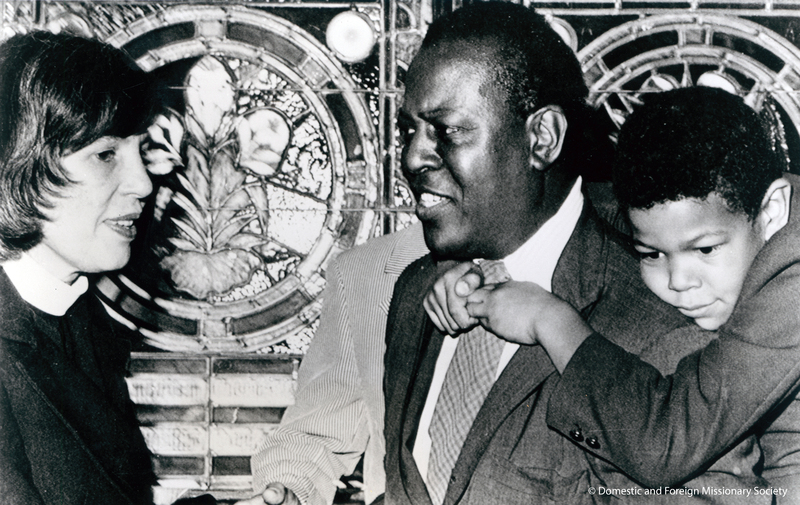1973 Convention
In 1973, on the fifth day of the convention, a resolution changing the constitution to allow women’s ordination was brought before the House of Deputies. Deputy Charles Lawrence of New York presented the majority report of the Committee on the Ordination of Women, recommending that Convention “proceed to provide for the ordination of women,” this time proposing it as a canonical amendment. After a debate, a vote by orders was called. Though the majority of deputies voted for ordination, the high number of divided diocesan votes meant that neither order managed the 57 votes required to pass the amendment. Once again the ordination of women was postponed.
Following General Convention, Presiding Bishop-elect John Allin reportedly said that women's ordination needed more consideration before the church could decide on the matter. Pauli Murray, a prominent lawyer, professor, and poet, who had entered the seminary in the hopes of being ordained herself, wrote to Bishop Allin in frustration. She stated, "I do not know how much you have discussed this issue with the Bishop John E. Hines, Jr.... but I submit he must suppress a smile when he hears that 'we need to study the roles of men and women in the church before we decide.' Bishop Allin, in my custody are three bound volumes of 'studies' made on women in the church, dating from 1946 to 1974...And you, sir, desire another study?...The call of God is not controlled by leisurely studies." Closing her missive on a hopeful note, Murray predicted that "before this is over, you will have us 'all-in' the priesthood."

The Women’s Triennial, sometimes called “the third House,” voted in favor of women’s ordination in 1973 and sent a memorial to the General Convention recommending adoption.

Charles Willie, in protest of the House of Bishops decision to rule the women’s irregular ordination invalid, tendered his resignation as Vice President of the House of Deputies in 1974.
